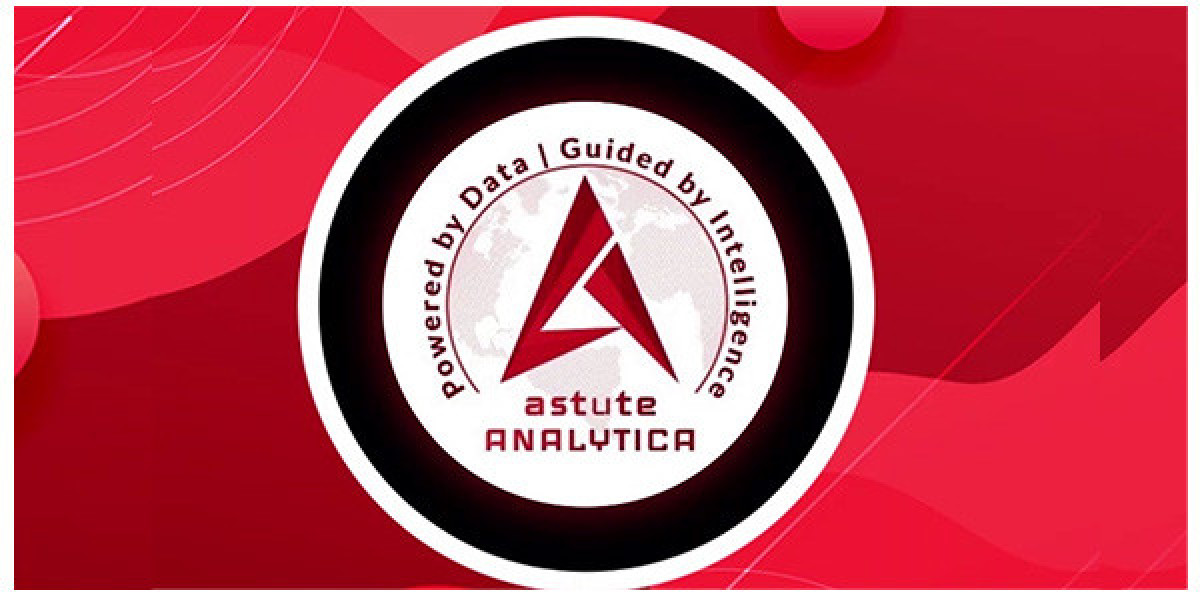Compliance is a critical aspect of governance, both in the corporate world and within various industries and sectors. It refers to the adherence to laws, regulations, standards, and ethical practices relevant to an organization's operations. Effective compliance ensures that an organization operates within the boundaries of the law, maintains its reputation, and avoids legal and financial repercussions. This article explores the significance of compliance, key components, challenges, benefits, and its role in fostering ethics, integrity, and responsible behavior.
The Significance of Compliance
Compliance is of paramount importance because it:
- Ensures Legal Adherence: Compliance ensures that organizations operate within the bounds of applicable laws and regulations.
- Protects Reputation: Maintaining compliance safeguards an organization's reputation and builds trust among stakeholders.
- Mitigates Legal and Financial Risks: Compliance helps avoid legal penalties, fines, and financial losses resulting from non-compliance.
- Fosters Ethical Culture: It promotes ethical behavior and responsible business practices within an organization.
Key Components of Compliance
- Regulatory Compliance: Adherence to laws and regulations specific to the industry or jurisdiction in which the organization operates.
- Ethical Standards: Upholding ethical principles and values in all business activities, even when not explicitly regulated.
- Risk Assessment: Identifying and evaluating potential compliance risks and vulnerabilities.
- Policies and Procedures: Developing and implementing internal policies and procedures that align with legal and ethical requirements.
- Training and Education: Providing employees with the knowledge and tools needed to comply with regulations and ethical standards.
Benefits of Compliance
- Legal Protection: Compliance helps organizations avoid legal repercussions, including fines, lawsuits, and regulatory actions.
- Reputation Management: Maintaining compliance protects the organization's reputation, which is often a valuable asset.
- Risk Reduction: It minimizes the risk of operational disruptions, financial losses, and reputational damage.
- Ethical Culture: Compliance fosters a culture of ethics and integrity within the organization.
Challenges in Compliance
- Complexity: The regulatory environment can be complex, with numerous laws and regulations at local, national, and international levels.
- Constant Change: Laws and regulations frequently evolve, making it challenging to stay up-to-date.
- Resource Intensive: Achieving and maintaining compliance can be resource-intensive in terms of time, personnel, and financial investments.
The Role of Compliance in Fostering Ethics and Integrity
- Ethical Behavior: Compliance sets the foundation for ethical behavior within an organization by establishing clear rules and expectations.
- Transparency: It promotes transparency by ensuring that stakeholders have access to accurate information about the organization's practices and adherence to regulations.
- Accountability: Compliance holds individuals and organizations accountable for their actions, fostering a sense of responsibility.
- Risk Management: It aids in identifying and mitigating risks associated with unethical or non-compliant behavior.
Conclusion
Compliance is a fundamental element of responsible governance and business conduct. It ensures that organizations operate legally, ethically, and transparently while safeguarding their reputation and financial stability. In a rapidly changing regulatory landscape, compliance is not only a legal requirement but also a strategic imperative for organizations aiming to thrive in an environment that values ethics, integrity, and responsible behavior. By prioritizing compliance, organizations can navigate the complexities of the modern business world with confidence and integrity. If you’re looking for an expert in this course, Join Riverstone Training.



